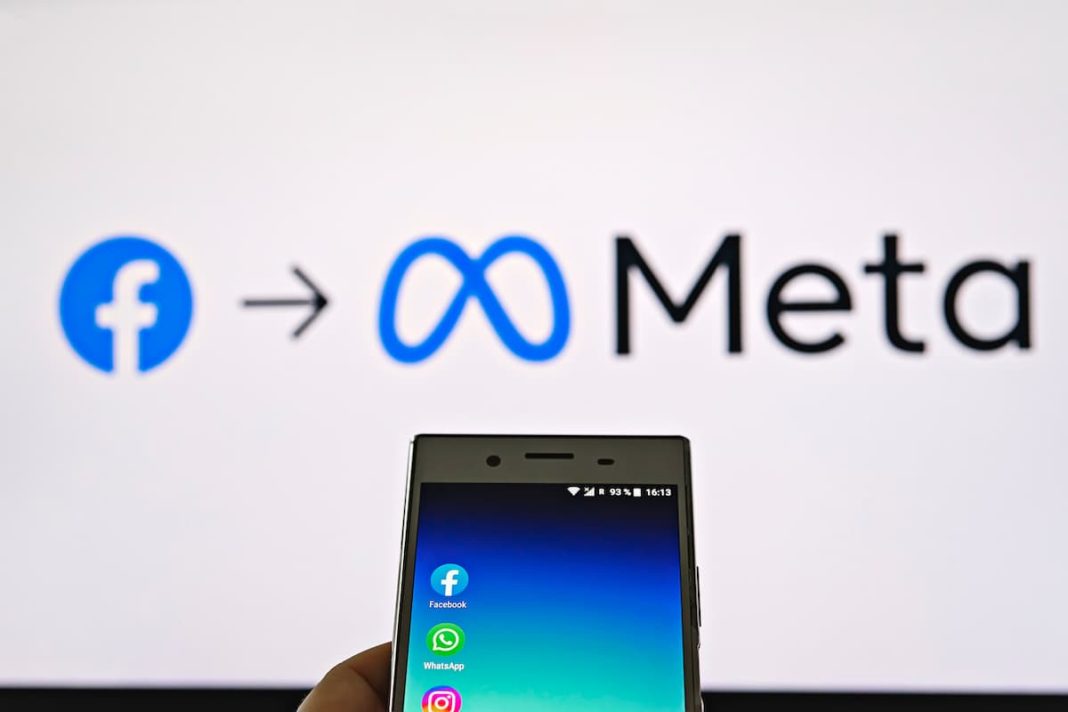Written by Andrew Schreyer, President of Country Press Australia, and publisher of the Warragul & Drouin Gazette.
Last month, Country Press Australia (CPA) – the largest representative association of newspaper publishers in Australia – appeared before a joint hearing in Canberra into social media and its impacts on Australian society.
The hearing was convened out of concerns about the negative impacts social media platforms have upon our community, including the recent decision by Meta to no longer pay news publishers for content posted to the company’s platforms.
That announcement has been met with anger, frustration, disappointment, worry and concern among news publishers, and the news industry shares the concerns of the broader community over Meta’s outrageous behaviour that has had such a damaging impact on so many sections of the community.
Facebook particularly has evolved into an antisocial entity that has provided a haven for toxicity, fake news, scams, blackmail, cyberbullying, doxing, revenge porn, trolling, deep fakes, political interference, surveillance capitalism and the spread of mis and disinformation that has caused so much damage within our communities. The live streaming of massacres, images of unrealistic so-called beautiful people and conspiracies are also part and parcel of social media today.
In the case of the news industry, Communications Minister Michelle Rowland has said Meta’s decision to no longer pay for news content in a number of jurisdictions “represents a dereliction of its commitment to the sustainability of Australian news media,” a comment CPA endorses wholeheartedly. Meta has shown complete disdain for Australian media outlets, the News Media Bargaining Code and the Australian Government by announcing its intention not to renew agreements with publishers.
Meta has been deemed an unavoidable trading partner, and as such, is expected to conform to the same standards and expectations as the rest of us.
In short, we believe Meta fails to meet those standards, and that the company long ago ceased to be just a provider of social media platforms. Just last month, the US Surgeon General called for social media to have warnings attached to it over mental health concerns for users.
It’s one of the great paradoxes of our time that rather than tackle unacceptable elements and accept responsibility for the damage caused by providing the habitat for such scornful matter, Meta has instead opted to diminish the presence of the real news and of truth by continually adjusting its algorithms and rendering public interest news content more and more difficult to find.
The federal government has the News Media Bargaining Code at its disposal, a mechanism established to ensure social media platforms can be held to account and that media organisations are treated fairly in their dealings with the social media giants.
Should the government designate Meta under the Code, the company is likely to block news sites from its platforms, just as it has done in Canada. And in that country, it’s been regional and rural publishers who have been negatively impacted the most. In this instance, we encourage the government to insert a ‘must carry news’ clause in the code, forcing them to negotiate with publishers or impose a 20 per cent tax on Meta’s Australian revenue. Proceeds from the tax can be used for mental health programs to assist young people negatively impacted by social media, and a component distributed to publishers as compensation for Meta’s use of their content.
If Meta refuses, they should be banned from Australia.
Meta is a publisher just like our members; however, their platforms are not subject to laws including defamation and contempt of court, editorial standards and regulatory frameworks. If they were, I would not need to write this opinion piece and there would be a lot less social harm and mental health issues in our community today.
Meta’s Facebook has little, if any, checking mechanism prior to content and comments being published. Its algorithms serve up content based on popularity regardless of what may be appropriate for the audience. It has no transparent complaints process, is not held to account in any way and isn’t required to respond to complaints.
It’s one thing to rip billions of dollars out of our economy, but the social, mental and physical damage caused by what is allowed to prosper on Meta’s platforms takes things to another level.
We believe that as a corporate citizen, Meta has a responsibility to do what is right, just as we as publishers do. Meta’s commercialisation of the negativity it allows to fester on its platforms is a scourge upon that company and has created significant hardship and misery for many Australians.
To suit its narrative and justify its agenda, Meta claims its users don’t go to Facebook for news, however the University of Canberra’s Digital News Report: Australia 2024 released in June found that 49 per cent of Australian users of Facebook use it for news and one in four rely on it as their main source of news – our trusted, independent and professionally written news Meta no longer wants to pay for.
The digital news report shows this year, there was actually a surge among young people turning to social media to get news. Sixty per cent of Gen Z say social media is their main source of news, a 17-percentage point increase on last year.
In line with the increase in the use of social media platforms for news, concern about what is real and what is fake on the internet has skyrocketed to 75 per cent. This is an increase of 11 percentage points in the past two years and echoes an increase in the global rise of six percentage points over the same period.
It suits Meta to claim Australians don’t use the company’s platforms to read the news and for it to be allowed to continue to ride roughshod over our communities.
But it suits the rest of us for Meta to be held to account.



